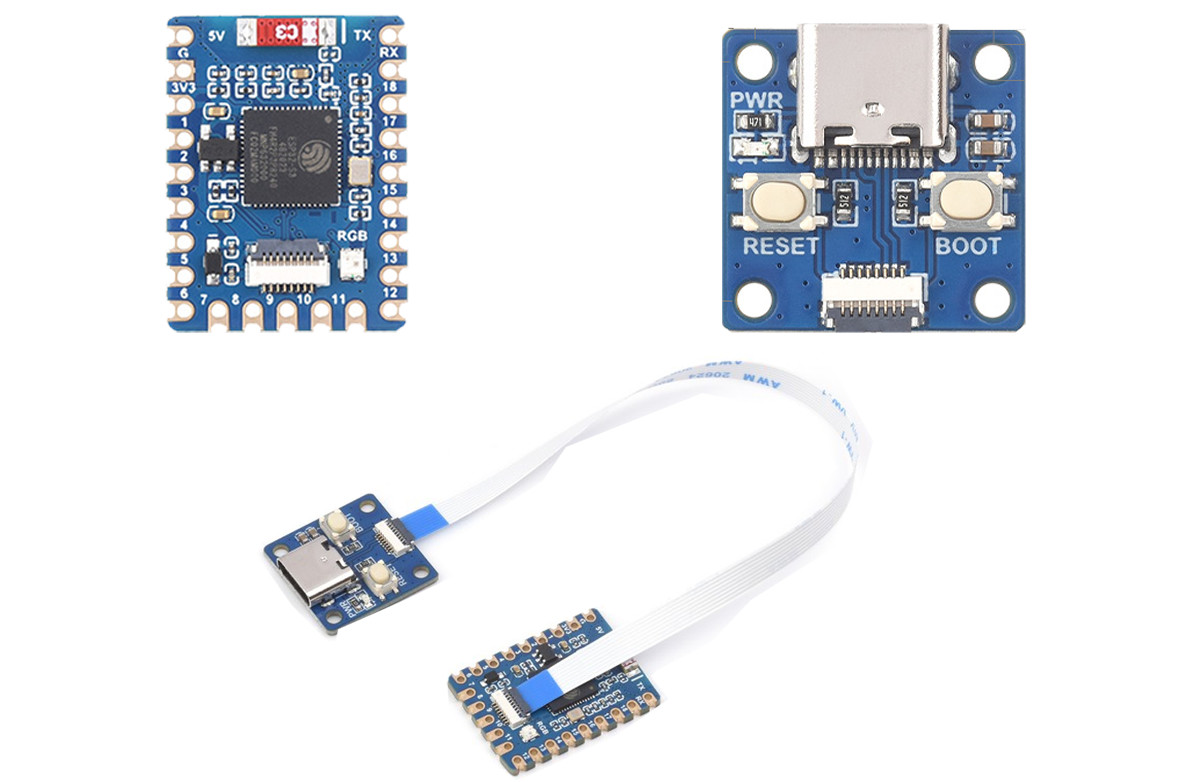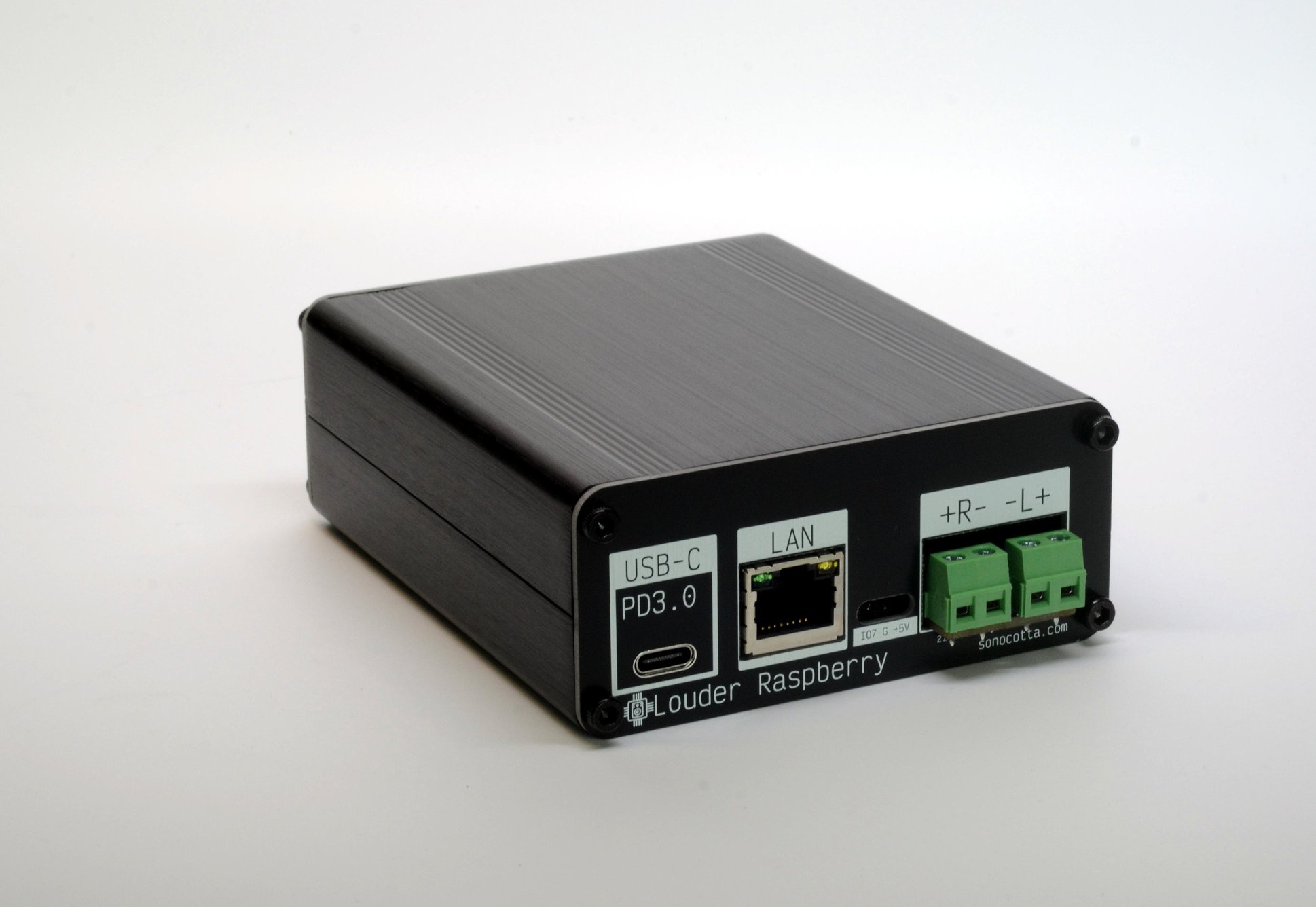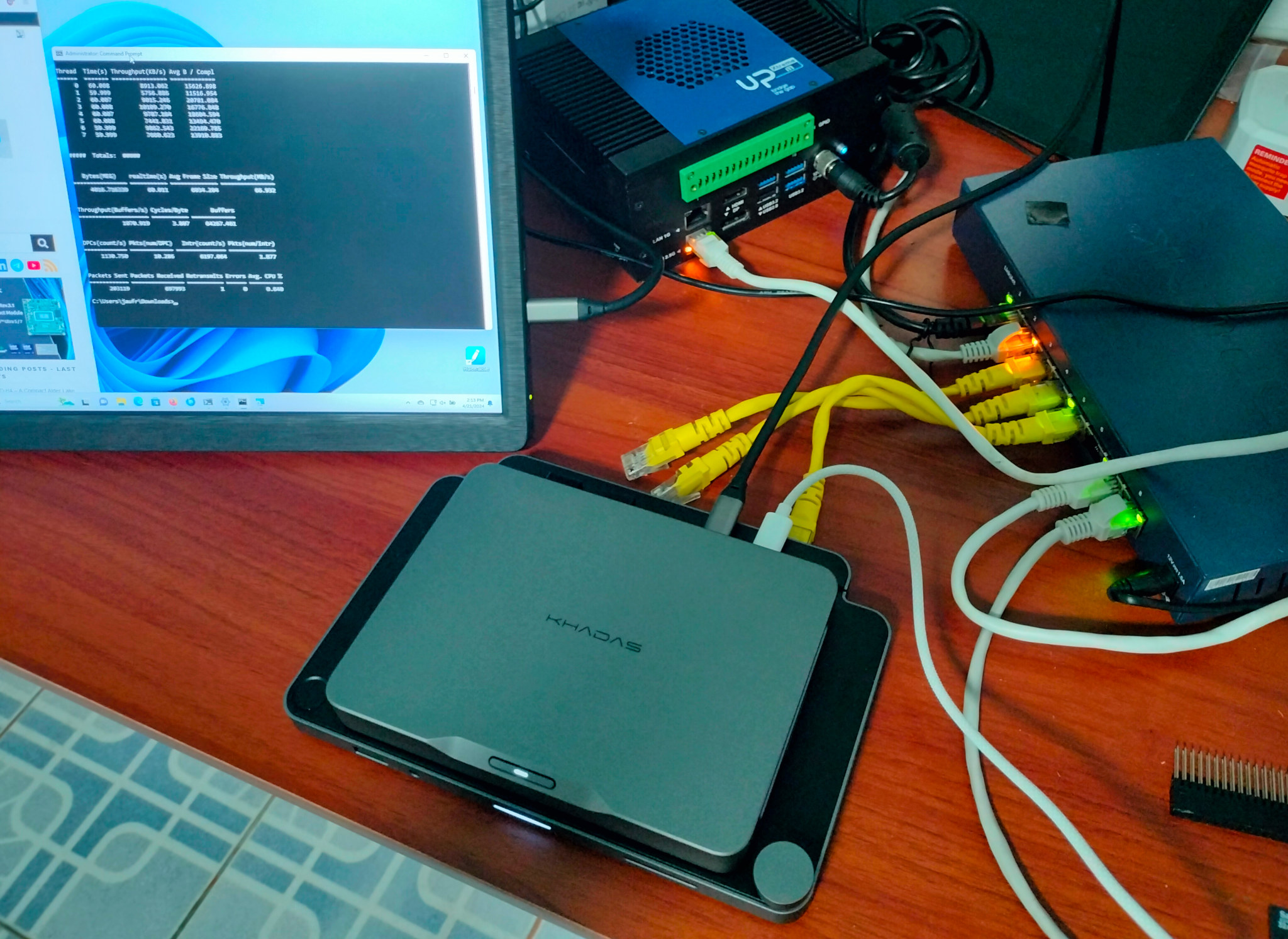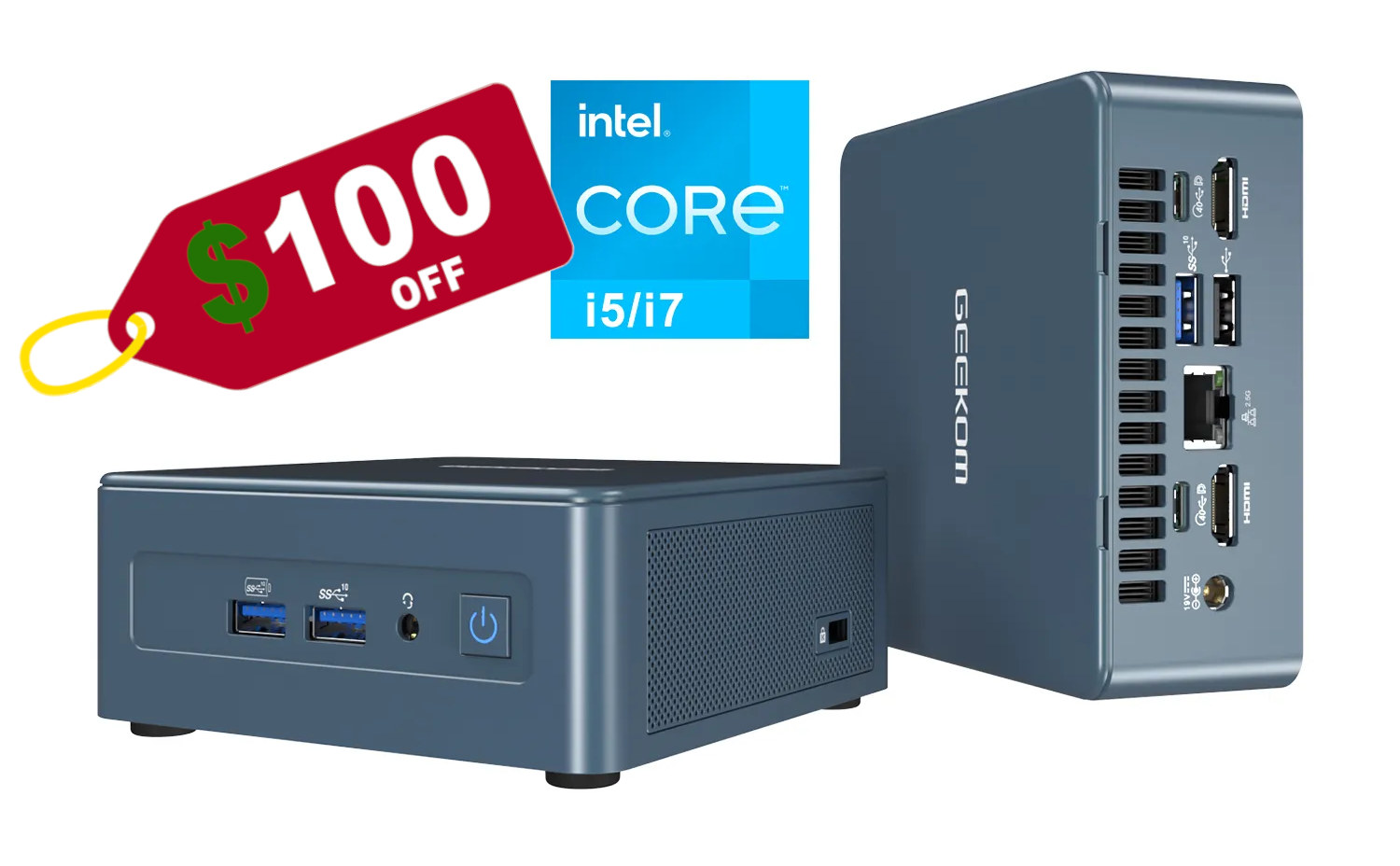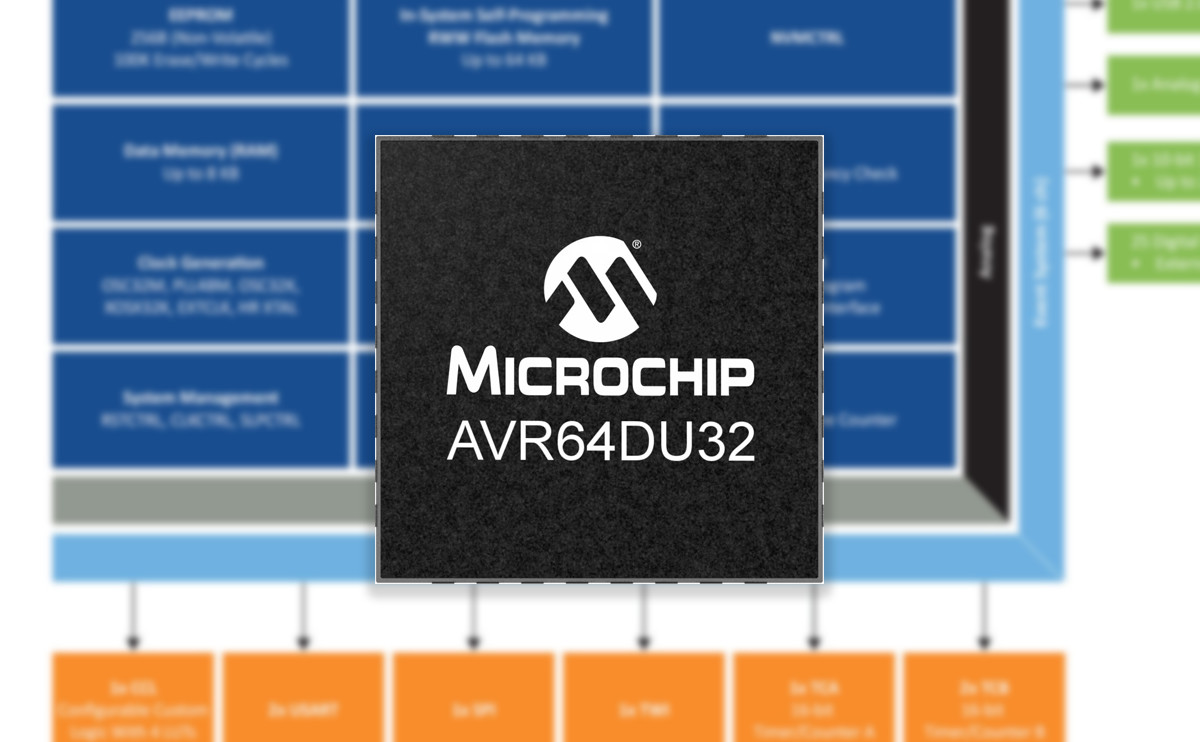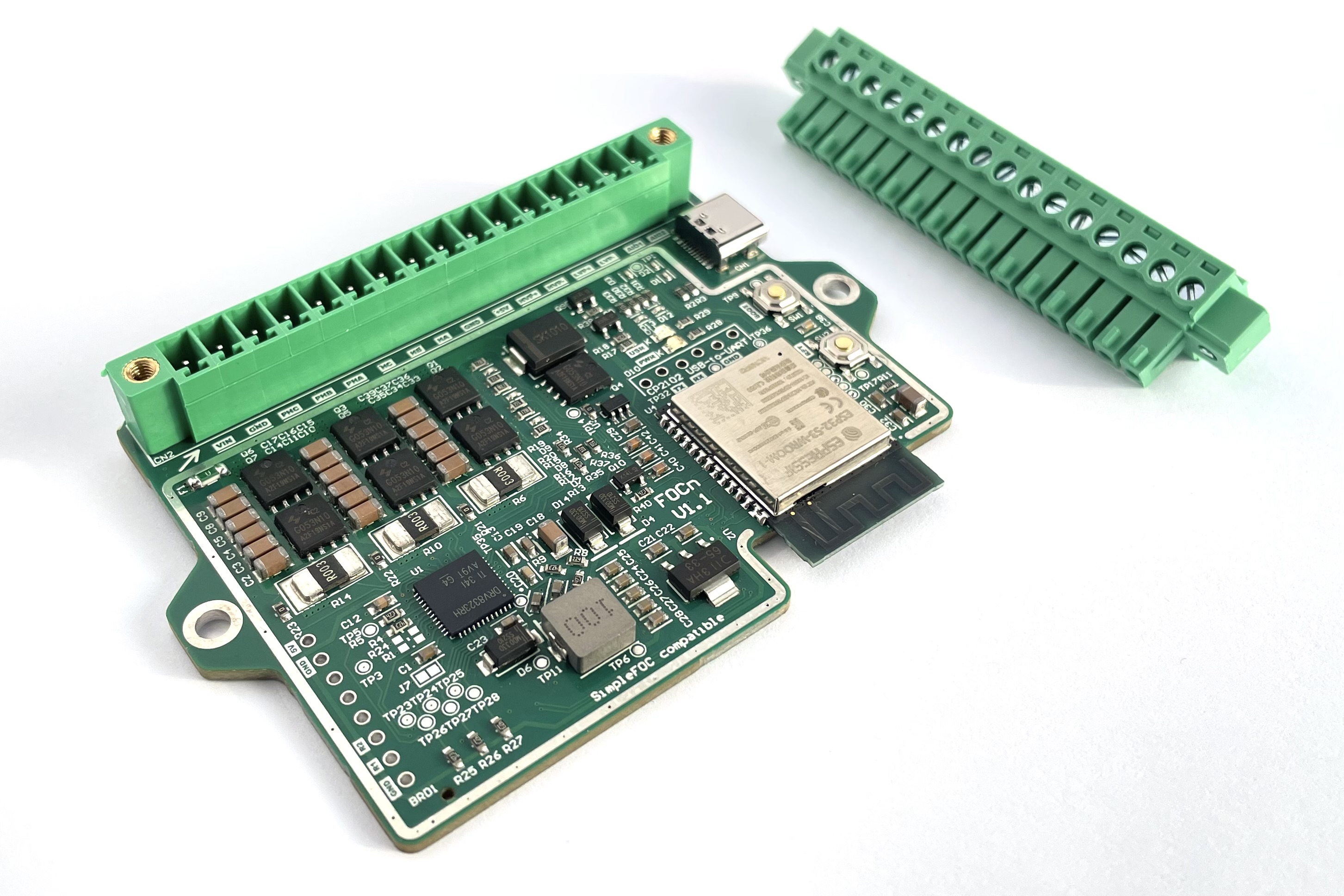Waveshare has recently released the ESP32-S3-Tiny mini development board powered by ESP32-S3 wireless MCU and measuring just 23.50 x 18 mm. Due to its compact form factor, it does not include a USB-to-UART converter or a USB port. That is why, you will need an additional adapter board with an FPC cable to program it, which costs only $1. Despite its small size, the board is feature-rich. It includes 34 multi-function GPIO pins, along with Wi-Fi, BLE, SPI, I2C, UART, ADC, PWM, and more. The design of the board is very similar to the Raspberry Pi RP2040-powered Waveshare RP2040-Tiny board that we covered last year. However, what sets this board apart is its 34 I/O pins, compared to the 23 found on the RP2040-Tiny board, and wireless connectivity. We’ve also written about several other boards with compact form factors, such as the Unexpected Maker NANOS3 board (28 x 11 mm), […]
The Open Home Foundation will manage Home Assistant, ESPHome, Zigpy among over 240 open-source Smart Home projects
The Open Home Foundation is a non-profit organization that will manage over 240 Smart Home projects, standards, drivers, and libraries including Home Assistant, ESPHome, Zigpy, Piper, and Improv Wi-Fi with the goal of “fight[ing] for the fundamental principles of privacy, choice, and sustainability for smart homes”. The non-profit was introduced during the “State of the Open Home 2024” (see video embedded at the end of this article) with Nabu Casa – the for-profit company behind Home Assistant – transferring all their projects to the new entity, and the Open Home Foundation will also help with the development of critical external projects such as Z-Wave JS, WLED, Rhasspy, and Zigbee2MQTT. The foundation further explains the goal of teaming multiple projects together in a stronger structure: We’ve done this to create a bulwark against surveillance capitalism, the risk of buyout, and open-source projects becoming abandonware. To an extent, this protection extends even […]
Louder Raspberry Pi is an open-source home media center that is powered by Raspberry Pi Zero and a TI TAS5805M DAC
Louder Raspberry Pi is an open-source home media center based on a combination of the Raspberry Pi Zero W or Zero 2 W and the Texas Instruments TAS5805M DAC. It is an audio entertainment platform created by Andriy Malyshenko of Sonocotta, a Polish electronics hobbyist and maker. Louder Raspberry Pi incorporates the computing power of the Raspberry Pi Zero and the Hi-Fi audio processing capabilities of TI’s TAS5805M DAC in a compact, aluminum case. The device delivers up to 25W per channel stereo output and is powered via a 65W+ USB-C PD3.0 adapter. It is “aimed to be paired with medium-to-large speaker systems” and supports both Wi-Fi and Ethernet. The Raspberry Pi board was selected over other lightweight alternatives due to the ease of development it offers. The Raspberry Pi Zero board is small enough to make for an overall compact device and powerful enough to handle the demands of […]
Testing ntttcp as an iperf3 alternative in Windows 11 (and Linux)
ntttcp (Windows NT Test TCP) is a network benchmarking utility similar to iperf3 that works in both Windows and Linux written and recommended by Microsoft over iperf3, so we’ll test the alternative in this mini review. iperf3 is a utility of choice for our reviews of single board computers and mini PCs running either Windows or Linux, but we’ve noticed that while Ethernet (up to 2.5GbE) usually performs just as well in Windows and Linux, WiFi is generally much faster in Ubuntu 22.04 than in Windows 11. So when XDA developers noticed a post by Microsoft saying iperf3 should not be used on Windows 11, it caught my attention. Microsoft explains iperf3 should not be used in Windows for three main reasons: The maintainer of iperf – ESnet (Energy Sciences Network) – says “iperf3 is not officially supported on Windows, but iperf2 is. We recommend you use iperf2. Some people […]
GEEKOM Mini IT12 Mini PC is now available for $349, the lowest price ever (Sponsored)
Following the ongoing $200 off promotion for the powerful GEEKOM A7 mini PC, GEEKOM is now offering another discount for its mid-range Mini IT12 mini PC powered by an Intel Core i5-12450H processor with 16GB RAM and a 512GB M.2 2280 NVMe SSD storage that is now sold for $349 – the lowest price ever – instead of $449, when using the coupon code cnxit12off on GEEKOM US or GEEKOM UK for a $100 discount. While it’s a mid-range mini PC, it still comes with premium features such as two USB4 ports capable of 40 Gbps transfer rate and DisplayPort Alt. mode video output or 2.5GbE and WiFi 6E networking. The GEEKOM Mini IT12 (Core i5-12450H) mini PC also supports up to four 4K displays through HDMI and USB4 ports, additional storage thanks to an M.2 2242 SATA socket and a a 2.5-inch SATA slot, and comes with a total […]
Microchip 8-bit AVR DU family supports secure USB connectivity and 15W power delivery
At Embedded World 2024, Microchip announced their new AVR DU family of 8-bit MCUs featuring a full-speed USB 2.0 data interface along with USB-C 15W Power Delivery enabling up to 12Mbps data transfer and charging. They also have features like secure bootloaders and Program and Debug Interface Disable (PDID), which protect your embedded designs. Based on the Harvard architecture, these MCUs can have up to 64 KB of Flash memory, 8 KB of SRAM, and 256 bytes of EEPROM. Their wide operating voltage range of 1.8V to 5.5V makes them suitable for small, space-sensitive devices, power bricks, and rechargeable devices. But one thing to note is that the USB function is only available for VDD above 3.0V and I2C Fm+ (Fast-mode Plus) is only supported for 2.7V and above. I²C Fm+ extends the standard I²C protocol, boosting communication speeds up to 1 MHz while maintaining compatibility with older I²C devices. It’s […]
FOCn ESP32-S3-based, medium-power BLDC driver module supports SimpleFOC
European engineer, Matej Planinšek of PLab, has developed the FOCn — a medium-power BLDC driver module based on ESP32-S3 WiSoC capable of delivering up to 10A of continuous current. It is compatible with the SimpleFOC Arduino library making it easier to control BLDC (brushless direct current) and stepper motors with the field-oriented control algorithm. The developer was inspired to create the FOCn module when their search for a custom-made, SimpleFOC-compatible driver module that met all their requirements failed. The name is related to field-oriented control (FOC) and also means “face slap” in Slovenian, Matej’s native language. The driver module is based on the ESP32-S3 dual-core XTensa LX7 microcontroller which provides Wi-Fi and Bluetooth connectivity. The microcontroller further supports ESP-NOW, a low-power and low-latency communication protocol, which makes it possible for multiple FOCn boards to talk to one another. FOCn driver module specifications: MCU – ESP32-S3 dual-core XTensa LX7 microcontroller @ […]
Rockchip RK3588’s NPU open-source driver performs object detection at 30 FPS
Tomeu Vizoso has been working on an open-source driver for NPU (Neural Processing Unit) found in Rockchip RK3588 SoC in the last couple of months, and the project has nicely progressed with object detection working fine at 30 fps using the SSDLite MobileDet model and just one of the three cores from the AI accelerator. Many recent processors include AI accelerators that work with closed-source drivers, but we had already seen reverse-engineering works on the Allwinner V831’s NPU a few years ago, and earlier this year, we noted that Tomeu Vizoso released the Etvaniv open-source driver that works on Amlogic A311D’s Vivante NPU. Tomeu has now also started working on porting his Teflon TensorFlow Lite driver to the Rockchip RK3588 NPU which is closely based on NVIDIA’s NVDLA open-source IP. He started his work in March leveraging the reverse-engineering work already done by Pierre-Hugues Husson and Jasbir Matharu and was […]


